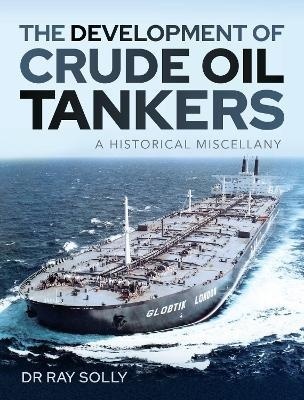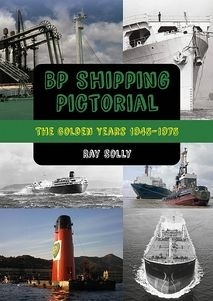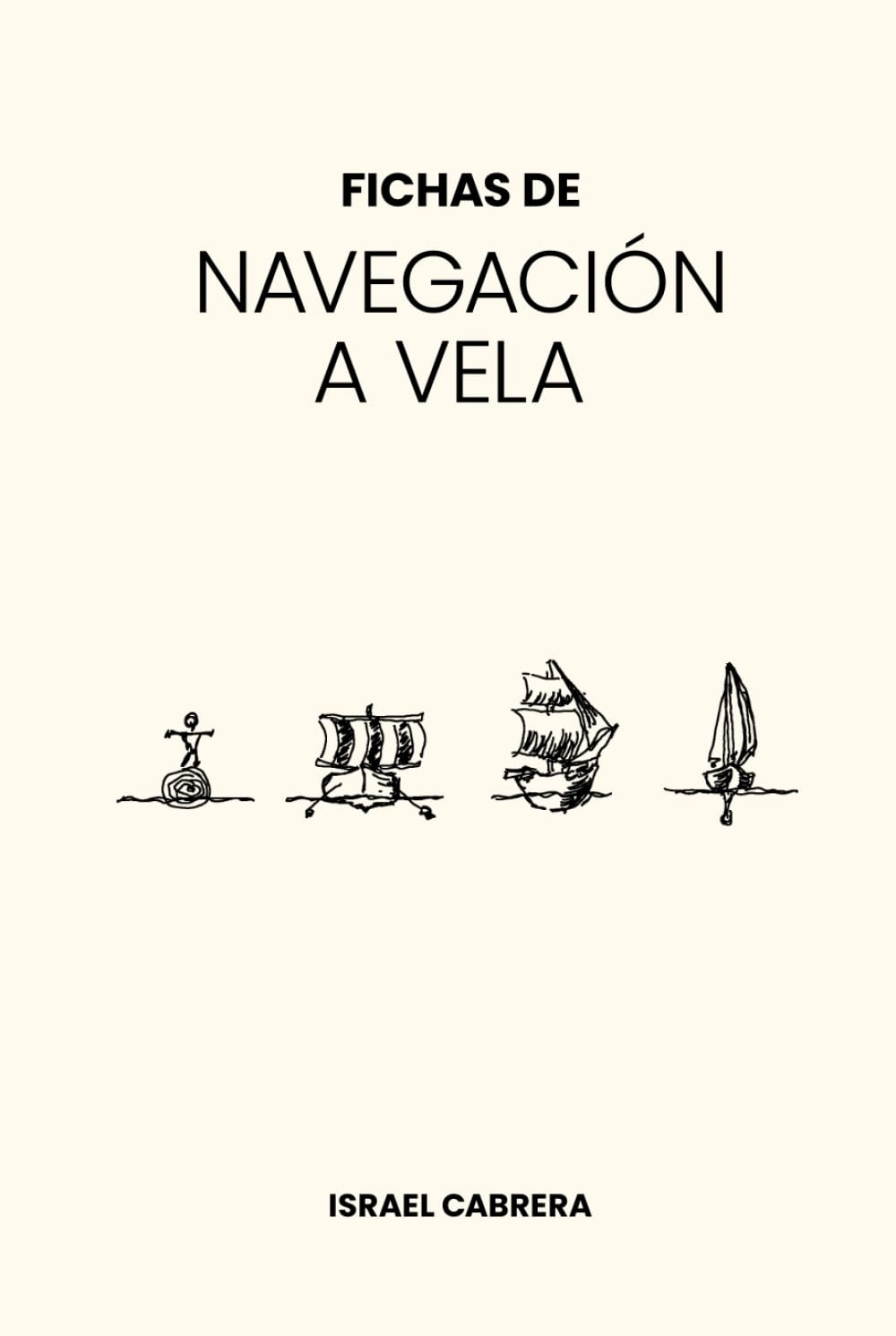The Development of Crude Oil Tankers: A Historical Miscellany
Solly, Dr Ray

Formato papel
[En stock. Entrega en 24 / 48 horas]
PVP. 39,90€
The Development of Crude Oil Tankers: A Historical Miscellany
Solly, Dr Ray
FICHA TÉCNICA
- Editorial: Seaforth Publishing
- ISBN: 978-1-5267-9241-9
- Fecha de edición: 2022
- Nº edición: 1
- Idioma: Inglés
- Encuadernación: Cartoné
- Dimensiones:
0 cm x 0 cm
- Nº páginas: 0
- Materias: Historia naval y marítima / Historia de la Marina Mercante /
In this engaging book, Dr. Solly examines the history of crude oil tankers from early days when this vital commodity was carried aboard ordinary sailing vessels, through the innovative designs that resulted in significant breakthroughs leading to early single-hulled VLCCs, and the later stronger hence safer double-hulled vessel.
The professional reader will identify with much of the author's thinking, especially his handling of the enormous advances in shipboard techniques, and examination of excellent contributions made by the International Maritime Organisation (IMO) from its conception in 1948, to its penetratingly effective work of today. Special attention is paid to their profound influence on the industry through MARPOL and SOLAS innovations, including arguably the greatest contribution made to tanker safety and environmental protection by Inert Gas Systems (IGS) and Crude Oil Washing (COW).
Non-seagoing readers in allied shipping professions, and that huge army of ship enthusiasts, will learn a great deal about the ins-and-outs of an industry which, for the immediate future, underpins virtually every aspect of practical 21st Century living.
Ray Solly's authoritative story is lavishly supported by 211 images (many of which have never previously been published), plus accounts of two recent voyages aboard a Norwegian North sea shuttle tanker, and a product carrier. Both passenger trips not only updated his professional knowledge but provided penetrating insight into current maritime practices. Each confirmed his convincing observation that today's crude oil carriers present the safest and most regulated form of transportation in the world.
Formato papel
[En stock. Entrega en 24 / 48 horas]
PVP. 39,90€
Otros libros de Solly, Dr Ray
-
[Sin existencias. Plazo de entrega breve]
PVP. 24,00€
Libros Recomendados
-
[En stock. Entrega en 24 / 48 horas]
PVP. 24,00€




